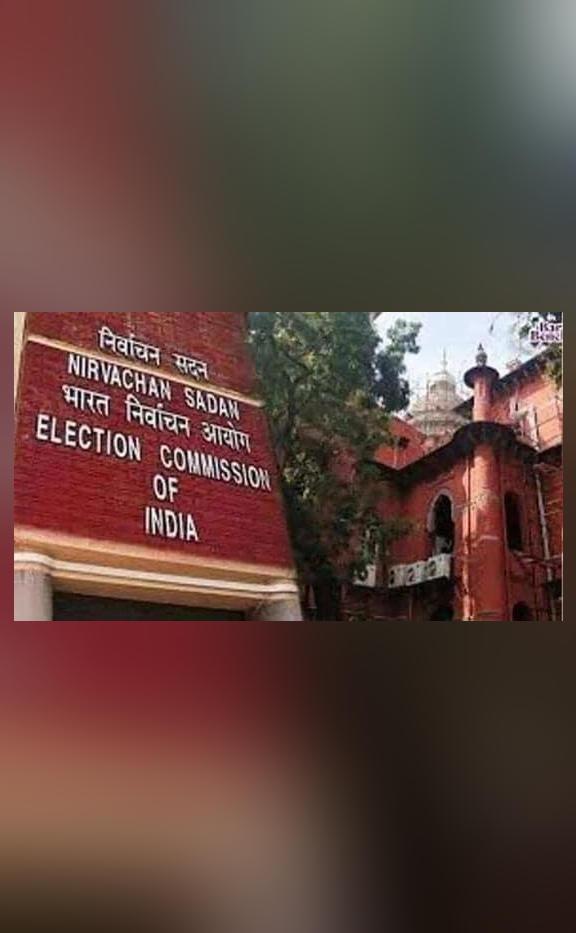
Aadhaar, Voter ID & Ration Cards Can’t be Considered for SIR: ECI
The Election Commission of India (ECI) has recently rejected the Supreme Court’s suggestion to accept Aadhaar, voter ID, and ration cards as standalone proof of voter eligibility in the ongoing special intensive revision (SIR) of Bihar’s electoral roll. This decision has sparked a significant debate on the reliability of these documents as proof of citizenship and voting eligibility.
The Supreme Court had suggested accepting these documents as proof of voter eligibility, citing the widespread use of Aadhaar, voter ID, and ration cards as government-issued identification documents. However, the ECI has rejected this suggestion, citing the need for a more robust verification process to ensure the authenticity of these documents.
In a statement, the ECI emphasized that these documents cannot be considered as standalone proof of voter eligibility, citing the risk of fraud and manipulation. The commission clarified that the verification process for SIR requires a more comprehensive and rigorous process, involving multiple checks and verifications to ensure the accuracy and authenticity of the information provided.
The ECI also made it clear that a person’s citizenship will not terminate on account of not being part of the electoral rolls. This clarification is significant, as it provides a sense of security and stability for individuals who may not have been able to register themselves on the electoral rolls due to various reasons.
The SIR process is an important exercise conducted by the ECI to update and verify the electoral rolls before the elections. The process involves a thorough verification of the information provided by the voters, including their identity, address, and citizenship. The ECI has emphasized that the SIR process is critical to maintaining the integrity and credibility of the electoral process.
The rejection of the Supreme Court’s suggestion by the ECI has raised several questions about the reliability of these documents as proof of citizenship and voting eligibility. While Aadhaar, voter ID, and ration cards are widely used as government-issued identification documents, they may not be foolproof as proof of citizenship and voting eligibility.
Aadhaar, for instance, is a 12-digit unique identification number issued by the Unique Identification Authority of India (UIDAI). While it is widely used as proof of identity, it may not be sufficient as proof of citizenship and voting eligibility. Similarly, voter ID and ration cards may also not be reliable as proof of citizenship and voting eligibility, as they may be issued based on incomplete or inaccurate information.
The ECI’s decision to reject the Supreme Court’s suggestion has also raised concerns about the potential impact on the electoral process. The SIR process is critical to maintaining the integrity and credibility of the electoral process, and any laxity in the verification process can compromise the outcome of the elections.
In conclusion, the ECI’s decision to reject the Supreme Court’s suggestion to accept Aadhaar, voter ID, and ration cards as standalone proof of voter eligibility is a step in the right direction. The commission’s emphasis on a more robust verification process is critical to maintaining the integrity and credibility of the electoral process. While the rejection of these documents may cause inconvenience to some voters, it is essential to ensure that the electoral rolls are accurate and authentic.






